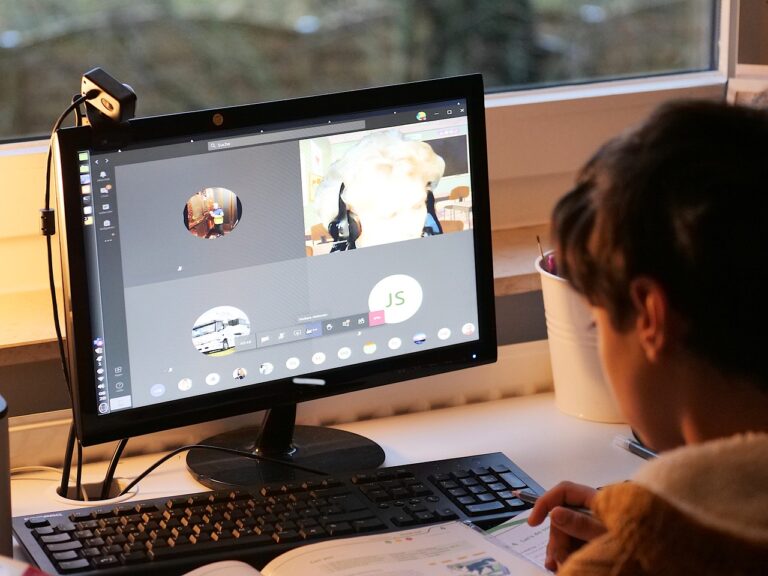Music Schools and Their Role in Fostering Creativity
betbook247 app, radhe exchange new id, play11bet:Music Schools and Their Role in Fostering Creativity
Music has the power to move us, inspire us, and evoke a myriad of emotions. It is a universal language that transcends barriers and brings people together. For those who are passionate about music, attending a music school can be a transformative experience. Music schools play a vital role in fostering creativity and nurturing the talents of aspiring musicians. In this article, we will explore the importance of music schools in cultivating creativity and how they help students reach their full potential.
1. Creating a supportive environment
Music schools provide a supportive and nurturing environment for students to explore their creativity. They offer a space where students can experiment with different musical styles, instruments, and techniques without fear of judgment. This freedom to explore and take risks is essential for unlocking creativity and pushing boundaries.
2. Exposure to a diverse range of music
One of the key benefits of attending a music school is the exposure to a diverse range of musical genres and styles. Students have the opportunity to learn from experienced teachers who are experts in various genres, from classical to jazz to contemporary music. This exposure allows students to expand their musical horizons and develop a more versatile and innovative approach to music.
3. Collaboration and community
Music schools provide a platform for students to collaborate with their peers and create music together. Collaboration is a powerful tool for fostering creativity, as it allows students to bounce ideas off each other, learn from one another, and push each other to new heights. Being part of a music school community also provides a sense of belonging and support, which can be invaluable for aspiring musicians.
4. Access to resources and facilities
Music schools offer students access to top-of-the-line resources and facilities, including practice rooms, recording studios, and performance venues. These resources enable students to hone their craft, experiment with new sounds, and showcase their work to a wider audience. Having access to state-of-the-art equipment can inspire students to think outside the box and explore new creative avenues.
5. Guidance from experienced mentors
One of the most valuable aspects of attending a music school is the guidance and mentorship that students receive from experienced musicians and teachers. These mentors can provide valuable feedback, offer insights and advice, and help students navigate the complexities of the music industry. Having a mentor can be instrumental in helping students develop their unique voice and style.
6. Encouraging risk-taking and exploration
Music schools encourage students to take risks, push boundaries, and explore their creative instincts. They provide a safe space for students to make mistakes, try new things, and learn from their experiences. By fostering a culture of experimentation and innovation, music schools empower students to think outside the box and challenge conventional norms.
7. Developing technical skills
In addition to fostering creativity, music schools also focus on developing students’ technical skills and musical proficiency. Students receive rigorous training in music theory, ear training, sight-reading, and performance techniques, which are essential for becoming a well-rounded musician. By mastering these technical skills, students are better equipped to express their creativity and communicate their musical ideas effectively.
8. Emphasizing the importance of practice and dedication
Music schools instill in students the value of practice, discipline, and dedication. Becoming a successful musician requires hours of hard work, commitment, and perseverance. Music schools teach students the importance of setting goals, staying focused, and putting in the necessary effort to achieve their dreams. By instilling a strong work ethic in students, music schools prepare them for success in the competitive world of music.
9. Fostering a lifelong love of music
Ultimately, the goal of music schools is to foster a lifelong love of music in their students. By providing a nurturing and inspiring environment, exposing students to a diverse range of music, encouraging collaboration and creativity, and offering guidance from experienced mentors, music schools help students develop a deep passion for music that will stay with them for the rest of their lives.
FAQs
Q: Do I need to have prior musical experience to attend a music school?
A: While some music schools may require applicants to have a certain level of musical proficiency, many music schools welcome students of all skill levels, from beginners to advanced musicians. What is most important is a passion for music and a willingness to learn and grow as a musician.
Q: What types of programs are offered at music schools?
A: Music schools offer a wide range of programs, including instrumental and vocal performance, music theory, composition, music education, music production, and more. Students can choose a program that aligns with their interests and career goals.
Q: How can I afford to attend a music school?
A: Many music schools offer financial aid, scholarships, and grants to help students cover the cost of tuition and other expenses. It is also possible to apply for external scholarships and grants from organizations that support aspiring musicians. Additionally, some music schools offer work-study programs and part-time employment opportunities for students.
In conclusion, music schools play a crucial role in fostering creativity and nurturing the talents of aspiring musicians. By providing a supportive environment, exposure to diverse music genres, opportunities for collaboration, access to resources and facilities, guidance from experienced mentors, and a focus on technical skills and dedication, music schools empower students to reach their full potential and develop a lifelong love of music. If you are passionate about music and dream of pursuing a career in the music industry, attending a music school could be the first step towards realizing your ambitions.


